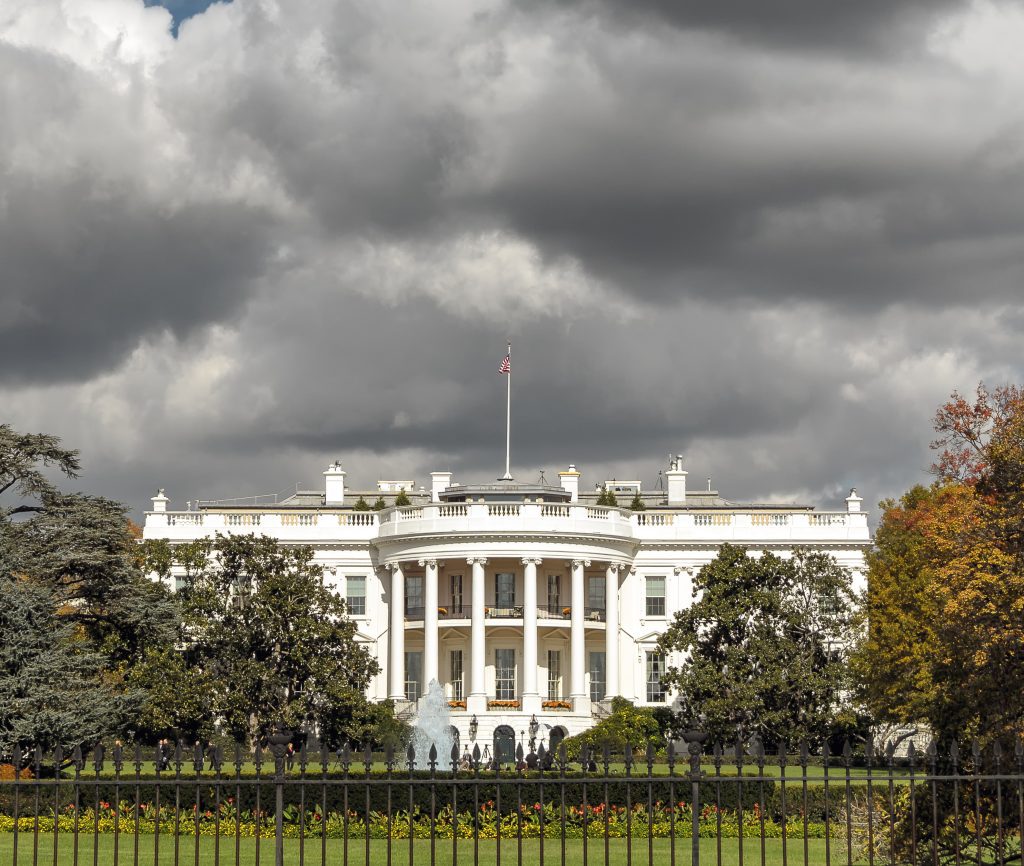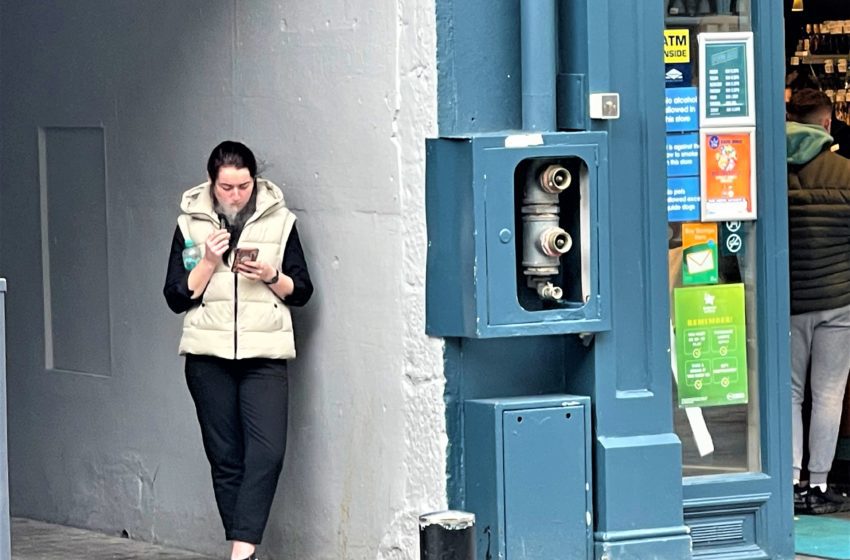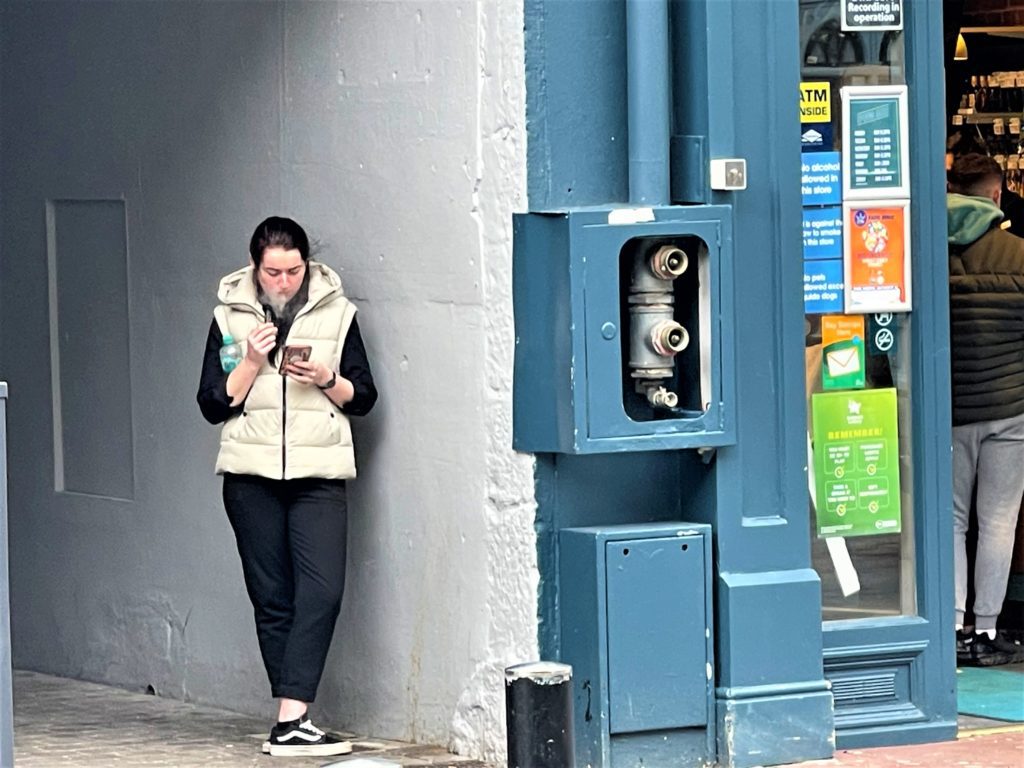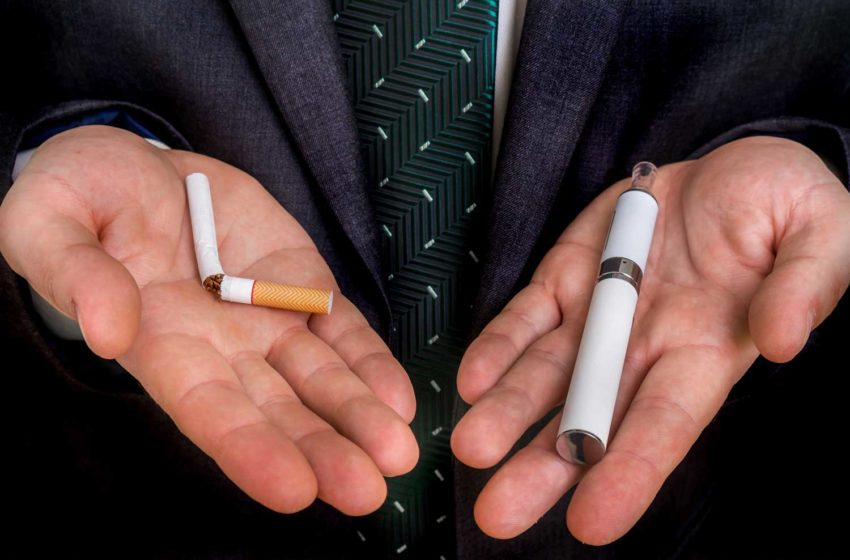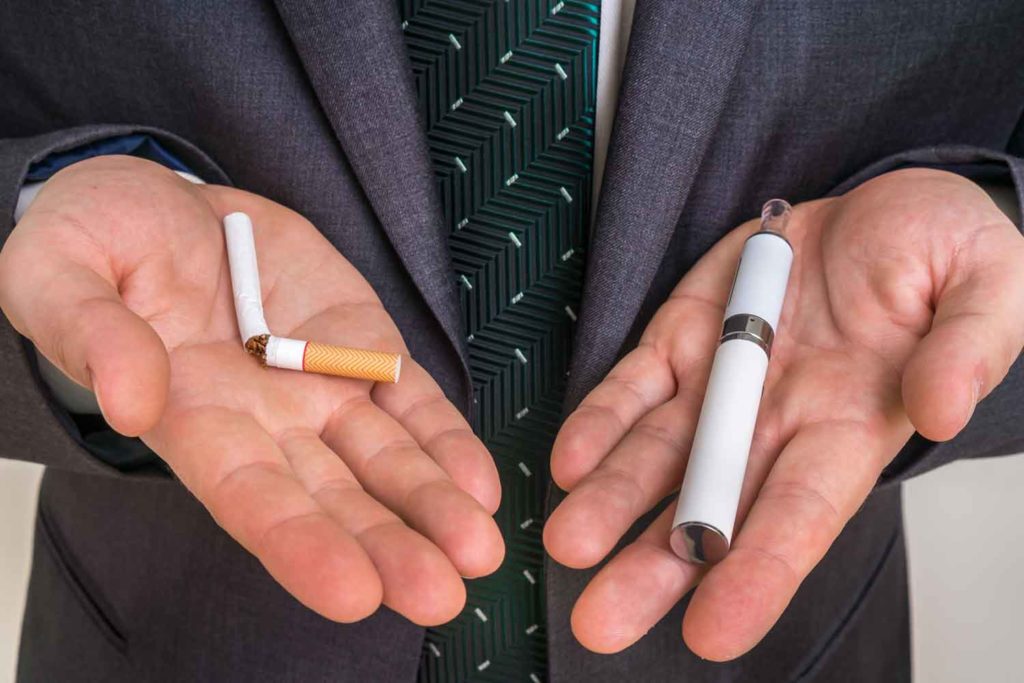
Beginning January 1, 2024, Belgium will introduce a new tax on e-liquids used in electronic cigarettes. The tax will be set at 15 cents per milliliter.
The move has received criticism from both users and retailers who fear that it will lead to increased costs and a potential shift back to traditional tobacco cigarettes.
The spokesperson for the federal Finance Minister defended the tax, stating that it aligns with Germany’s tax rate, which is also set to increase in the coming years, according to media reports.
They further clarified that the goal is not to encourage people to return to smoking combustible cigarettes but to recognize that e-cigarettes are also tobacco products and should be used as a temporary measure to quit smoking.











